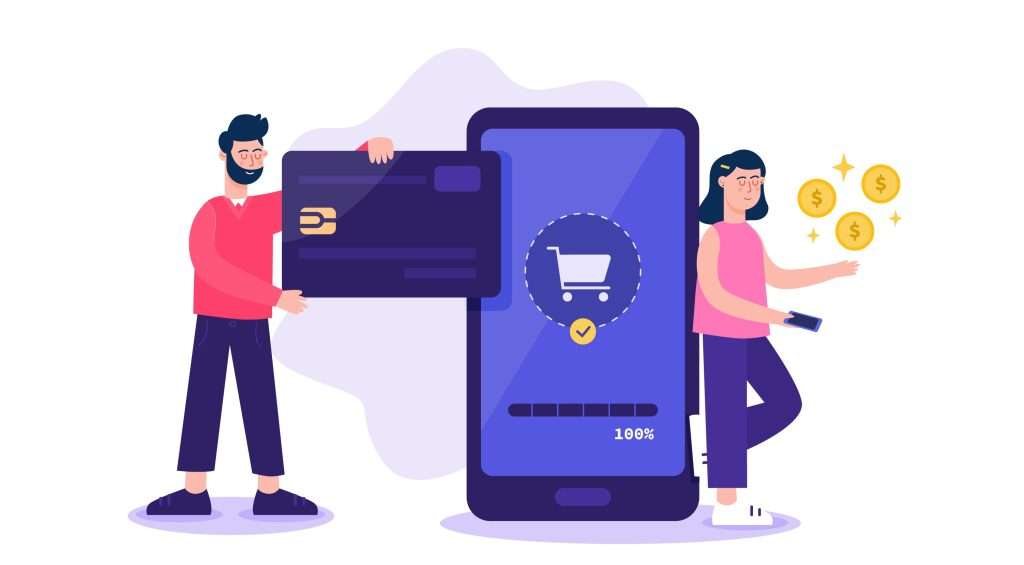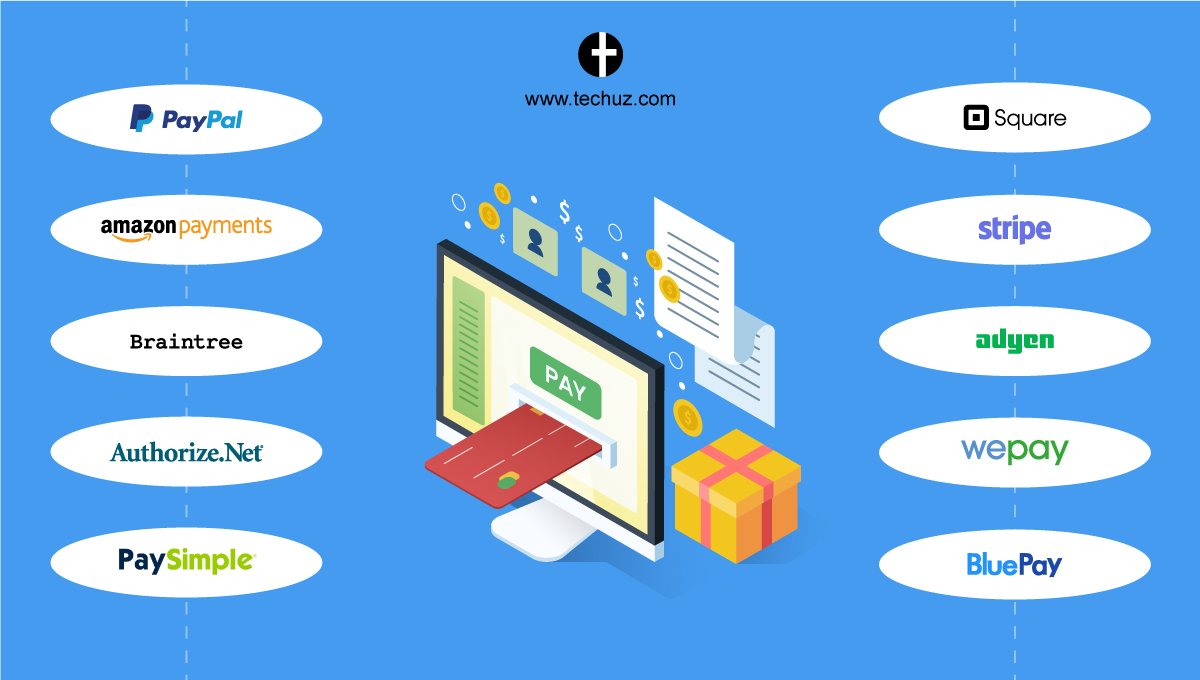AUTHOR : AARTI KUNWAR
DATE : 23/09/2023
In today’s digital economy, businesses and consumers rely heavily on online transactions. The foundation of these transactions lies in a Payment Gateway for Online Payment[1]. As e-commerce continues to grow, understanding how payment gateways[2] work and why they’re essential can provide both businesses and consumers with confidence in making secure online payments[3].
This article explores the critical role of payment gateways[4], how they function, key features to look for, and answers to common questions about this vital service.
What is a Payment Gateway for Online Payment?

A Payment Gateway for Online Payment is a technology that facilitates the transfer of data between the buyer, the seller, and the financial institutions involved in an online transaction. When you purchase something online, a payment gateway securely processes your credit card, debit card, or other forms of digital payment[5] to ensure that the transaction goes smoothly.
It acts as a bridge, ensuring that the buyer’s payment is securely transferred to the seller’s account, while also encrypting sensitive information to protect both parties from fraud.
How Does a Payment Gateway for Online Payment Work?
- Customer Initiates a Purchase: The customer chooses a product or service on an e-commerce site and moves forward to the checkout page to complete the purchase.
- Payment Information is Entered: At the checkout page, the customer provides their payment details, such as credit card number, expiry date, and CVV.
- Encryption and Data Transfer: The payment gateway encrypts the payment data to protect sensitive information. It then transmits this data securely to the payment processor.
- Transaction Authorization: The payment processor contacts the customer’s bank (or financial institution) to verify if the transaction can be authorized.
- Transaction Approval or Decline: If the transaction is approved, the payment processor sends a confirmation message back to the payment gateway. If the transaction is declined (e.g., due to insufficient funds), the gateway notifies the customer.
- Confirmation: The payment gateway sends a response to the merchant (seller) to confirm whether the payment has been successfully completed or not.
Throughout this entire process, the Payment Gateway for Online Payment ensures that customer data remains encrypted, making the entire transaction secure.
Types of Payment Gateways
Redirect Payment Gateway
This type of gateway redirects customers to a secure page (often hosted by the payment service provider) to complete the transaction. Examples include PayPal, Stripe, and others. While it can be less seamless for the customer, it is highly secure, as sensitive data is not stored on the merchant’s site.
Integrated Payment Gateway
An integrated payment gateway directly processes payments within the merchant’s website without redirecting customers. This offers a seamless user experience, but merchants must take greater care to ensure the security of customer data.
Local Payment Gateway
Local payment gateways are region-specific solutions that cater to particular countries or regions. They may include specific payment methods, such as regional credit cards or digital wallets, making them highly suitable for local businesses.
Key Features of a Payment Gateway for Online Payment

Security Protocols
One of the most important aspects of a Payment Gateway for Online Payment is its ability to secure transactions. Look for gateways that use strong encryption methods, such as SSL (Secure Socket Layer), and comply with PCI DSS (Payment Card Industry Data Security Standard).
Multi-Currency Support
For companies serving global customers, offering multi-currency support is essential to facilitate smooth transactions across different regions. Ensure that the gateway supports various currencies and can handle conversions without additional hassle.
User Experience (UX)
The payment process should be simple, intuitive, and quick. An easy-to-navigate checkout process can significantly reduce cart abandonment rates and improve conversion rates.
Payment Methods Supported
Different customers prefer different payment methods, so it’s important that the payment gateway supports a wide variety of options, such as credit and debit cards, digital wallets (like PayPal and Apple Pay), and even alternative payment methods like bank transfers or cash on delivery.
Mobile Compatibility
As mobile payments grow, ensure that the gateway offers full compatibility with mobile devices, whether through a dedicated app or responsive web design. This will allow customers to make purchases easily on smartphones and tablets.
Customer Support
Having access to quality customer support can be a lifesaver when dealing with technical issues or transaction disputes. Choose a payment gateway provider that offers 24/7 support via multiple channels like chat, email, or phone.
Benefits of Using a Payment Gateway for Online Payment
Enhanced Security

A payment gateway ensures that sensitive financial information is transmitted securely, which helps protect both customers and merchants from fraud. Encryption, tokenization, and fraud detection features reduce the risk of data breaches.
Faster Transactions
The automation of the payment process makes transactions faster and more efficient. Customers can complete their purchases in real-time, without waiting for bank transfers to clear.
Wider Customer Reach
Online payment systems make it easier to sell to a global audience. With multiple payment methods and currency options, businesses can tap into new markets and increase sales.
Lower Operational Costs
Using a payment gateway reduces the need for manual handling of payments and minimizes the chances of errors. This saves businesses time and resources, leading to lower operational costs.
Improved Customer Experience
A seamless, fast, and secure checkout process enhances the customer experience, which in turn leads to higher customer satisfaction and repeat business.
Conclusion
A Payment Gateway for Online Payment is an essential tool for businesses looking to accept payments online. It not only facilitates smooth, secure transactions but also enhances the customer experience, improves operational efficiency, and opens up global market opportunities. Understanding how payment gateways work, the different types available, and their key features can help you make an informed decision on which solution best meets your needs. Whether you’re a small business or a large enterprise, investing in a reliable payment gateway is crucial for success in the digital age.
FAQs
1. What is the difference between a payment gateway and a payment processor?
While both are crucial in the payment process, the key difference lies in their function. A payment gateway securely transmits payment information from the customer to the payment processor, while a payment processor is responsible for handling the actual transaction authorization, ensuring the transfer of funds between accounts.
2. Are payment gateways secure?
Yes, payment gateways are designed to be secure. They use encryption technologies, such as SSL and tokenization, to protect sensitive data. Additionally, they must comply with industry standards like PCI DSS to ensure secure handling of payment information.
3. Can I use a payment gateway if I don’t have a website?
Yes, some payment gateways offer solutions that can be integrated with mobile apps or used through a simple payment link, allowing businesses without a website to accept online payments.
4. How do I choose the best payment gateway for my business?
When choosing a Payment Gateway for Online Payment, consider factors like transaction fees, ease of integration, available payment methods, and customer support. It’s also essential to choose one that fits your target market and business size.
5. What fees are associated with payment gateways?
Payment gateways typically charge a transaction fee, which may vary based on factors such as the type of transaction (e.g., credit card vs. debit card), the volume of transactions, and the specific provider. There may also be setup or monthly maintenance fees.





